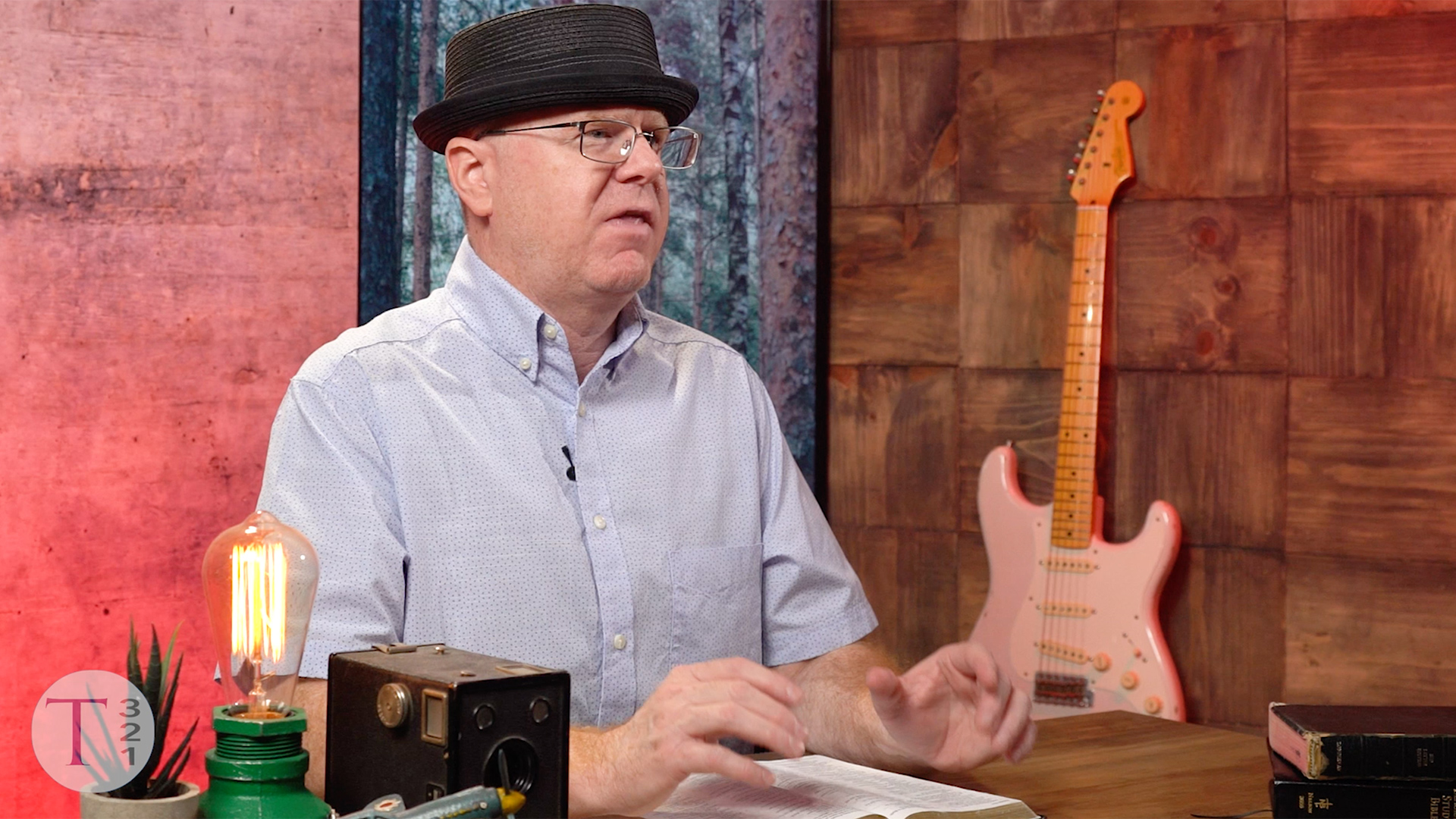The Dark Ages

The Dark Ages – Defining the Darkness
The Dark Ages as a term has undergone many evolutions; its definition depends on who is defining it. Indeed, modern historians no longer use the term because of its negative connotation. Generally, the Dark Ages referred to the period of time ushered in by the fall of the Western Roman Empire. This took place when the last Western emperor, Romulus Augustulus, was deposed by Odoacer, a barbarian. AD 476 was the time of this event.
Initially, this era took on the term “dark” by later onlookers; this was due to the backward ways and practices that seemed to prevail during this time. Future historians used the term “dark” simply to denote the fact that little was known about this period; there was a paucity of written history. Recent discoveries have apparently altered this perception as many new facts about this time have been uncovered.
The Italian Scholar, Francesco Petrarca called Petrarch, was the first to coin the phrase. He used it to denounce Latin literature of that time; others expanded on this idea to express frustration with the lack of Latin literature during this time or other cultural achievements. While the term dark ages is no longer widely used, it may best be described as Early Middle Ages -- the period following the decline of Rome in the Western World. The Middle Ages is loosely considered to extend from 400 to 1000 AD.
The Dark Ages – The State of the Church
The Dark Ages was a period of religious struggle. Orthodox Christians and Catholics viewed the era from opposing perspectives. Orthodox Christians regarded this time as a period of Catholic corruption; they repudiated the ways of the Catholic Church with its papal doctrines and hierarchy. Orthodox Christians strove to recreate a pure Christianity, void of these “dark” Catholic ways. Catholics did not view this era as “dark.” Catholics viewed this period as a harmonious, productive religious era. The Dark Ages were also the years of vast Muslim conquests. Along with other nomads and horse and camel warriors, the Muslims rode through the fallen empire, wreaking havoc and seeding intellectual and social heresy in their wake. Muslim conquests prevailed until the time of the Crusades. This age old conflict between Christianity and Islam remains until this day.
The Dark Ages – Faith vs. Enlightenment
The Dark Ages were a tumultuous time. Roving horse-bound invaders charged the country sides. Religious conflicts arose; Muslims conquered lands. Scarcity of sound literature and cultural achievements marked these years; barbarous practices prevailed.
Despite the religious conflicts, the period of the Dark Ages was seen as an age of faith. Men and women sought after God; some through the staid rituals of the Catholic Church, others in more Orthodox forms of worship. Intellectuals view religion in any form as, itself, a type of “darkness.” These thinkers assert that those who followed religious beliefs lied to themselves, creating a false reality. They were dominated by emotions, not fact. Religion was seen as contrary to rationality and reason, thus the move towards enlightenment -- a move away from “darkness.” Science and reason gained ascendancy, progressing steadily during and after the Reformation and Age of Enlightenment.
To some extent, the period of the Dark Ages remains obscure to modern onlookers. The tumult of the era, its religious conflict and denigration, and debatable time period all work together to shroud the period in diminished light.
The irony of this is that our 21st Century world is no less dark. It is an individual darkness, which multiplies and grows as those who reject God walk together and dominate politics, education, and society. Our age is characterized by every intellectual and technological advance but our morals have turned backwards. “But mark this: There will be terrible times in the last days. People will be lovers of themselves, lovers of money, boastful, proud, abusive, disobedient to their parents, ungrateful, unholy, without love, unforgiving, slanderous, without self-control, brutal, not lovers of the good, treacherous, rash, conceited, lovers of pleasure rather than lovers of God -- having a form of godliness but denying its power. Have nothing to do with them” (2 Timothy 3:1-5). These are the characteristics of true darkness.


